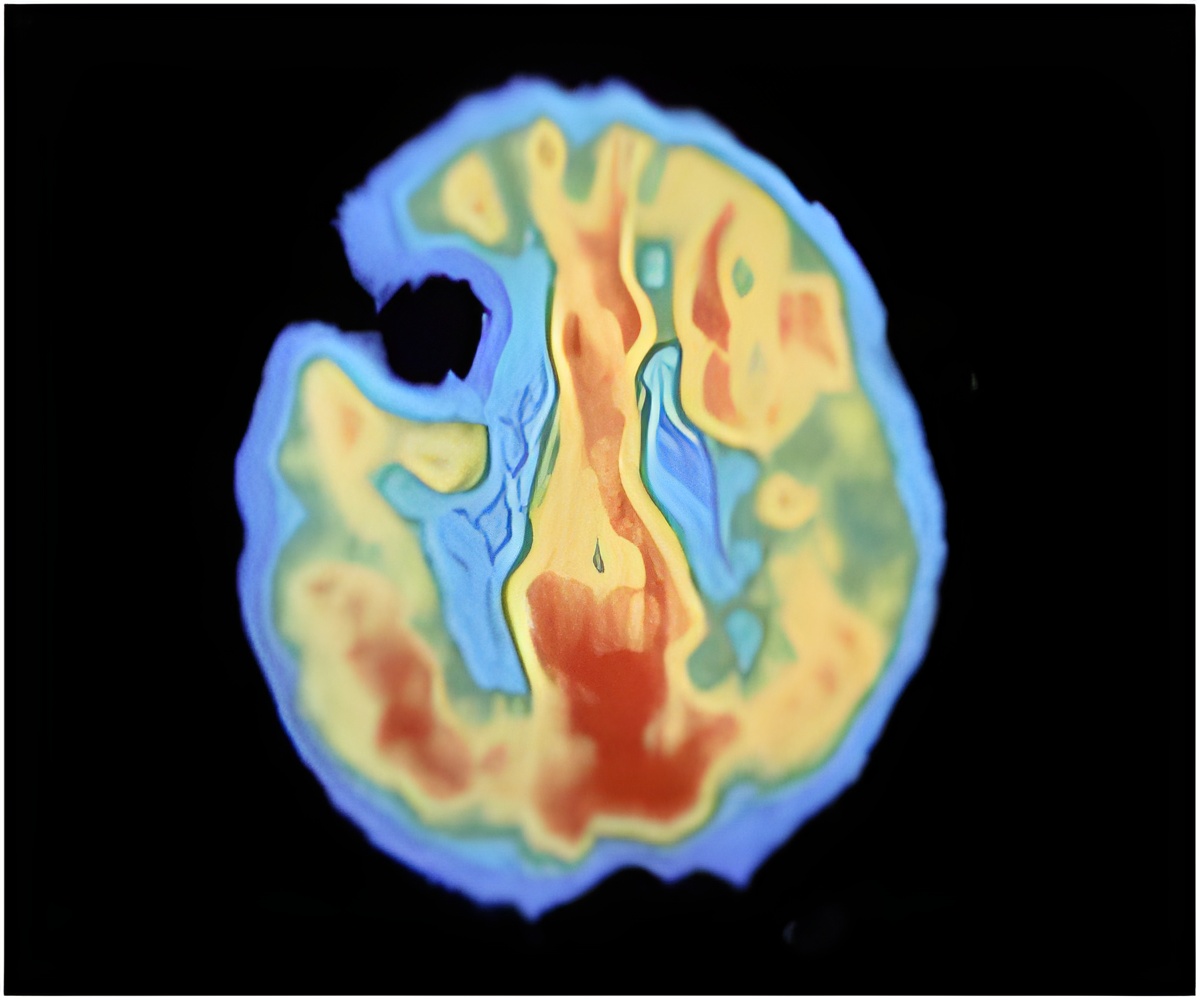Researchers at the University of Toronto have identified a potential cause for a severe sleep disorder that could also have implications for Parkinson's disease and other neurodegenerative diseases.

Peever's team focused on investigating a genetic cause of RBD because the underlying cause of this disorder is unknown. There is evidence indicating that reduced brain inhibition could cause RBD, so Peever's team genetically reduced brain inhibition in mice and then recorded their sleep and muscle activity.
"We found that mice with reduced brain inhibition acted just like human RBD patients and they moved violently during REM sleep," said Peever.
"This link strongly suggests that patients with RBD may also have impaired brain inhibition."
Peever's research underscores the importance of identifying a cause of RBD as 60 - 80 per cent of RBD sufferers subsequently develop Parkinson's.
"Treating RBD could have direct implications for understanding and perhaps treating Parkinson's disease," he added.
Advertisement
Source-ANI














